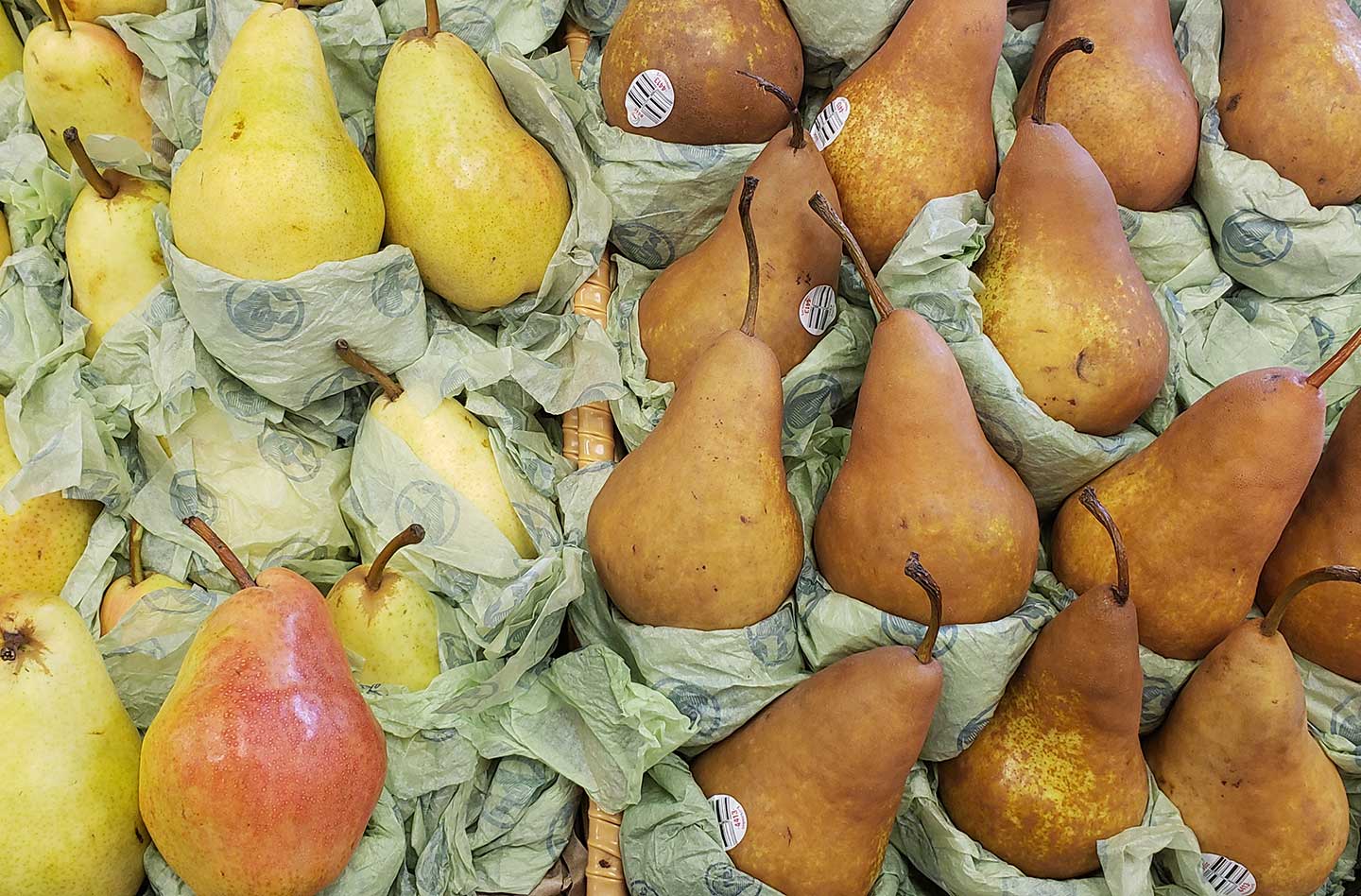

Articles
How To Store Bosc Pears
Modified: August 27, 2024
Learn how to properly store Bosc pears to keep them fresh for longer. Our articles provide expert tips and guidance on preserving the flavor and texture of these delicious fruits.
(Many of the links in this article redirect to a specific reviewed product. Your purchase of these products through affiliate links helps to generate commission for Storables.com, at no extra cost. Learn more)
Introduction
Welcome to our guide on how to properly store Bosc pears. Bosc pears are known for their distinct flavor, creamy texture, and versatility in both sweet and savory dishes. But like any perishable fruit, Bosc pears require proper storage to maintain their quality and extend their shelf life.
In this article, we will provide you with valuable tips and techniques to help you store Bosc pears effectively and keep them fresh for longer periods. Whether you have a surplus of Bosc pears from your garden or you want to take advantage of a great sale at the grocery store, our guide will ensure that you can enjoy the delicious flavor of Bosc pears whenever you desire.
Choosing the right Bosc pears and preparing them for storage are the crucial first steps. You’ll want to select pears that are firm, but not rock-hard, with a bright and unblemished skin. Look for pears that are slightly green as they will ripen over time. Once you have your Bosc pears, it’s important to handle them with care to avoid bruising or damage.
After selecting and preparing your Bosc pears, you need to create the optimum storage conditions to extend their shelf life. The ideal storage conditions for Bosc pears involve controlling temperature, humidity, and airflow. We will walk you through various storage options, including refrigeration, cold cellars, and freezers, allowing you to choose the one that works best for your needs.
Furthermore, we will discuss how to monitor and check stored Bosc pears to ensure they remain in good condition. By regularly inspecting your stored pears, you can identify any signs of spoilage or decay and take appropriate action to prevent the spread of any issues.
Lastly, we will provide you with some valuable tips on how to extend the shelf life of your Bosc pears. These simple techniques will help you make the most out of your Bosc pears, ensuring that you can enjoy their delicious flavor and unique texture for as long as possible.
So, without further ado, let’s dive into the world of Bosc pears storage and learn how to preserve their taste, freshness, and nutritional value!
Key Takeaways:
- Properly storing Bosc pears involves selecting firm, unblemished pears, creating ideal storage conditions, and monitoring for spoilage. Utilize refrigeration, cold cellars, or freezing to extend shelf life.
- To extend the shelf life of Bosc pears, handle with care, control temperature and humidity, and consider preservation methods like canning or drying. Regularly inspect stored pears and remove any spoiled ones promptly.
Read more: How To Store Bartlett Pears
Choosing and Selecting Bosc Pears
When it comes to storing Bosc pears, selecting the right ones from the start is essential to ensure optimal storage and enjoyment. Here are some tips on choosing and selecting the best Bosc pears for storage:
- Look for firmness: When selecting Bosc pears, gently press the flesh of the pear near the stem. It should give slightly but still feel firm. Avoid pears that are too soft, as they may be overripe and won’t last long in storage.
- Check the color: Bosc pears have a distinct russeted skin, which means they have a slightly rough texture and a brownish color. Look for pears that have a vibrant color with minimal blemishes or bruises.
- Consider ripeness: Bosc pears are typically harvested when they are still slightly green and firm. If you want to enjoy the pears immediately, choose ones that are closer to ripeness, meaning they have a yellow undertone. If you prefer storing them for a longer period, opt for pears that are greener and less ripe.
- Inspect for damage: Carefully examine each Bosc pear for any signs of damage, such as cuts, bruising, or mold. Avoid pears that have significant damage, as they are more likely to spoil quickly.
- Smell test: Give the Bosc pears a gentle sniff. They should have a mild, sweet aroma. If the pears have a strong scent or smell fermented, they may already be overripe.
Once you’ve selected the perfect Bosc pears, it’s time to prepare them for storage. Start by gently washing the pears under cool running water to remove any dirt or residue. Be careful not to scrub or rub the pears too hard, as this can cause bruising.
After washing, allow the pears to air dry completely before storing them. Place them on a clean kitchen towel or paper towel and let them sit for at least 30 minutes to an hour. This will help remove any excess moisture and prevent mold growth during storage.
By choosing and selecting Bosc pears with care, you are setting the stage for successful storage. Remember to prioritize freshness, firmness, and minimal damage when selecting your pears, and always take a moment to inspect and clean them before storage.
Preparing Bosc Pears for Storage
Properly preparing Bosc pears for storage is crucial to ensure their longevity and quality. Following these steps will help you get your pears ready for optimal storage:
- Sort and remove damaged pears: Before storing your Bosc pears, it’s important to sort through them and remove any damaged or bruised ones. Damaged pears can accelerate the ripening process and lead to spoilage of other pears. Set aside any pears with cuts, bruises, or signs of rot for immediate consumption.
- Separate ripe and unripe pears: If you have a mix of ripe and unripe Bosc pears, it’s best to separate them before storage. Ripe pears should be consumed or used within a few days, so keeping them separate from the unripe ones will help prevent premature ripening of the whole batch.
- Gently wrap individual pears: To provide an extra level of protection, consider individually wrapping each Bosc pear in tissue paper or newspaper. This will help prevent them from rubbing against each other and minimize the risk of bruising during storage.
- Consider using ethylene-absorbing packets: Ethylene is a natural gas produced by fruits as they ripen, and it can accelerate the ripening process of other fruits nearby. To slow down the ripening of Bosc pears, you can use ethylene-absorbing packets or sachets in the storage container. These packets can be found at kitchen supply stores or online.
- Label and date the storage container: It’s always a good idea to label the storage container or bag with the date you stored the Bosc pears. This will help you keep track of how long they have been stored and ensure that you consume them before their quality declines.
Once you have prepared your Bosc pears for storage, it’s time to consider the best storage conditions to help them stay fresh for longer periods. Whether you choose to store them in a refrigerator, a cold cellar, or a freezer, the right conditions are crucial to maintaining the pears’ quality and taste.
Remember, proper preparation and handling of Bosc pears before storage will go a long way in extending their shelf life and ensuring a delicious and enjoyable eating experience later on.
Suitable Storage Conditions for Bosc Pears
Creating the proper storage conditions is key to prolonging the shelf life of Bosc pears and maintaining their quality. Here are some important factors to consider when storing your Bosc pears:
- Temperature: Bosc pears prefer cool temperatures for storage. The ideal range is between 30°F (-1°C) and 40°F (4°C). Avoid storing them at temperatures below freezing, as this can cause the pears to become mushy and lose their flavor.
- Humidity: Bosc pears thrive in slightly humid environments. Aim for a humidity level of around 85% for optimal storage conditions. This will help prevent the pears from drying out and maintain their juiciness and texture.
- Airflow: Good airflow is essential to prevent the buildup of ethylene gas, which can speed up the ripening process. Make sure there is proper ventilation around the stored pears, whether you are using a storage container or a cool storage area.
Now that you know the ideal storage conditions for Bosc pears, let’s explore some different storage options that you can use to keep your pears fresh and delicious.
Remember, the goal is to mimic the natural conditions that Bosc pears prefer, which includes a cool and slightly humid environment with good airflow. By replicating these conditions, you can extend the shelf life of your pears and enjoy them for longer periods.
Storing Bosc Pears in a Refrigerator
A refrigerator can be an excellent storage option for Bosc pears, as it provides a controlled environment with consistent temperature and humidity levels. Here are the steps to store Bosc pears in a refrigerator:
- Choose a dedicated space: Select a section in your refrigerator specifically for storing Bosc pears. This can be a crisper drawer or a designated shelf. Keeping them separate from other fruits and vegetables will help prevent cross-contamination and maintain the pears’ flavor and quality.
- Wrap the pears: If you haven’t already wrapped your Bosc pears individually, now is the time to do so. Use tissue paper or newspaper to wrap each pear gently. This will provide an extra layer of protection against bruising and help maintain their shape.
- Place them in a storage container: If you prefer, you can store the wrapped pears in a storage container or a resealable plastic bag. This will prevent them from absorbing odors from other foods in the refrigerator and help maintain their freshness.
- Set the temperature: Adjust the temperature of your refrigerator to the ideal range for storing Bosc pears, which is between 30°F (-1°C) and 40°F (4°C). This will ensure that the pears stay cool without freezing.
- Monitor and rotate: Regularly check on the stored Bosc pears to ensure they remain in good condition. If any pears show signs of ripening or spoilage, remove them immediately to prevent them from affecting the others. Additionally, try to rotate the pears occasionally to ensure even exposure to the cool temperature.
It’s important to note that Bosc pears stored in the refrigerator will continue to slowly ripen over time, but at a much slower pace compared to room temperature storage. This means you can enjoy the pears over an extended period as they ripen gradually.
If you’re not planning on consuming the pears within a week or two, you may consider transferring some of them to the freezer to preserve them for an even longer period.
Storing Bosc pears in the refrigerator is a convenient and effective method to maintain their freshness and extend their shelf life. Just remember to wrap them, choose a dedicated storage space, and regularly monitor their condition to ensure optimal storage.
Store Bosc pears in the refrigerator to slow down ripening and maintain their crisp texture. Keep them in a perforated plastic bag to allow for air circulation and prevent moisture buildup.
Read more: How To Store Cut Pears
Storing Bosc Pears in a Cold Cellar
If you have access to a cold cellar or a cool storage area in your home, it can be an excellent option for storing Bosc pears. Follow these steps to store Bosc pears in a cold cellar:
- Choose the right location: Look for a cool, dark, and well-ventilated area in your cellar or basement. Ideally, the temperature should be between 30°F (-1°C) and 40°F (4°C). Avoid areas that are prone to extreme temperature fluctuations or that receive direct sunlight.
- Prepare the area: Clean and organize the storage space to ensure it is free from dirt, dust, and any potential contaminants. Consider lining the shelves or containers with a clean cloth or paper towels to provide a clean surface for the pears.
- Wrap the pears: Individually wrap each Bosc pear with tissue paper or newspaper to protect them from potential damage during storage. This will help prevent bruising and keep the pears in good condition.
- Arrange the pears: Place the wrapped pears in a single layer on the prepared shelves or in baskets, making sure to leave some space between each pear for adequate airflow. Avoid stacking the pears on top of each other, as this can cause pressure and lead to bruising.
- Monitor the conditions: Regularly check the temperature and humidity levels in your cold cellar to ensure they remain within the optimal range. Make any necessary adjustments to maintain the desired conditions for storing Bosc pears.
- Inspect and rotate the pears: Periodically inspect the stored Bosc pears for any signs of spoilage or decay. Remove any pears that show signs of ripening or rotting to prevent them from affecting the others. Additionally, rotate the pears to ensure even exposure to the cool temperature and minimize the risk of uneven ripening.
Storing Bosc pears in a cold cellar allows them to maintain their freshness and flavor for an extended period. The cool and dark environment of the cellar helps slow down the ripening process, allowing you to enjoy the pears over an extended time.
Remember to regularly check the conditions in the cold cellar and monitor the stored pears to ensure they stay in optimal condition. When stored properly, Bosc pears can last up to several months in a cold cellar, providing you with a bountiful supply of flavorful fruit.
Storing Bosc Pears in a Freezer
Freezing is an excellent method to store Bosc pears for an extended period, allowing you to enjoy their flavor and nutritional value even months after harvest. Here’s how you can freeze Bosc pears:
- Choose ripe but firm pears: Select Bosc pears that are fully ripe but still firm. Avoid overripe or excessively soft pears, as they may not retain their texture and flavor after freezing.
- Wash and peel the pears: Start by washing the pears thoroughly under cool running water. Then, peel the skin off the pears using a vegetable peeler or a paring knife. Removing the skin is optional, but it can help maintain the texture of the pears during freezing.
- Remove the core and seeds: Slice the pears in half lengthwise and use a spoon or a melon baller to scoop out the core and seeds. This step is crucial to prevent any bitter taste or texture changes in the frozen pears.
- Slice or dice the pears: Cut the pears into slices or dice them according to your preference. Keep in mind that smaller pieces will freeze and thaw more quickly, allowing for easier portioning later.
- Pre-treat the pears (optional): To prevent browning, you can pre-treat the sliced or diced pears with lemon juice or a fruit preservative solution. This step is especially useful if you plan to use the frozen pears for salads or desserts where appearance matters.
- Pack the pears for freezing: Place the prepared pear slices or dices into airtight freezer-safe containers or resealable freezer bags. Remove as much air as possible from the bags before sealing to prevent freezer burn. Label the containers or bags with the date of freezing for future reference.
- Freeze the pears: Put the packed containers or bags in the freezer and ensure they are placed in a single layer, allowing for faster and more even freezing. Avoid stacking the bags or containers until the pears are completely frozen.
- Monitor storage duration: Bosc pears can be stored in the freezer for up to 10 to 12 months without significant loss in quality. However, for the best flavor and texture, it’s recommended to consume them within 6 to 8 months.
When you’re ready to use the frozen Bosc pears, simply remove the desired amount from the freezer and allow them to thaw in the refrigerator or at room temperature. The thawed pears can be used in smoothies, baked goods, compotes, or any recipe that calls for cooked or softer pears.
Freezing Bosc pears is a fantastic way to preserve their flavor and enjoy them throughout the year. Just remember to properly prep, store, and label the frozen pears to ensure their long-term quality.
Monitoring and Checking Stored Bosc Pears
Regularly monitoring and checking your stored Bosc pears is essential to ensure their freshness and prevent any spoilage. Here are some key steps to follow:
- Inspect the pears regularly: Set a schedule to inspect the stored Bosc pears at least once a week. Look for any signs of ripening, mold, or decay. Remove any pears that show signs of spoilage to prevent them from affecting the rest.
- Check for bruising or damage: Examine the pears for any bruises or damage that may have occurred during storage. Even a small bruise can cause the pear to spoil quickly. Remove any damaged pears to ensure the quality of the remaining ones.
- Sniff for odors: Give the stored pears a gentle sniff to detect any off-putting or fermented odors. If any pears emit a strong, unpleasant scent, it may be an indication of spoilage. Dispose of those pears to prevent the spread of spoilage to the others.
- Rotate the pears: Occasionally rotate the stored pears to ensure even exposure to the storage conditions. This will help prevent any uneven ripening or degradation of the pears.
- Monitor temperature and humidity: Keep an eye on the temperature and humidity levels in the storage area. Ensure that they remain within the recommended range for Bosc pears – around 30°F (-1°C) to 40°F (4°C) with a humidity level of around 85%. Make any necessary adjustments to maintain these conditions.
- Label and date the storage containers: If you are storing the pears in different containers or bags, be sure to label them with the date of storage. This will help you keep track of how long the pears have been stored and ensure that you consume them within their optimal shelf life.
By regularly monitoring and checking your stored Bosc pears, you can catch any signs of spoilage or deterioration early on and take appropriate action. This will help ensure that you can enjoy the freshest and highest quality pears for as long as possible.
Remember, even with proper storage and monitoring, Bosc pears will still naturally ripen and eventually spoil. It’s important to consume them within their recommended shelf life or explore other preservation methods like canning or drying if you want to prolong their use.
Tips for Extending the Shelf Life of Bosc Pears
To maximize the shelf life of Bosc pears and ensure their longevity, here are some helpful tips to follow:
- Store firm and unripe pears: If you want to extend the shelf life of Bosc pears, it’s best to store them when they are still slightly unripe and firm. This will allow them to ripen gradually over time and stay fresh for a longer period.
- Separate ripe and unripe pears: If you have a mix of ripe and unripe pears, it’s essential to keep them separate during storage. Ripe pears produce ethylene gas, which accelerates the ripening process. By keeping them apart, you can prevent premature ripening of the unripe pears.
- Handle with care: Bosc pears are delicate fruits, so handle them gently to avoid bruising or damage. Even minor bruises can lead to faster spoilage, so always hold and store them carefully.
- Avoid washing until ready to eat: It’s best to avoid washing Bosc pears until you’re ready to consume them. Excess moisture can lead to mold growth and spoilage. Washing just before eating will help maintain their freshness for a longer time.
- Control temperature and humidity: Maintaining the ideal storage conditions is crucial for extending the shelf life of Bosc pears. Keep them in a cool and slightly humid environment, preferably between 30°F (-1°C) and 40°F (4°C) with a humidity level of around 85%. This will help slow down the ripening process and keep the pears fresh for longer.
- Don’t overcrowd the storage area: Ensure that there is enough space between the pears during storage, allowing for adequate airflow. Overcrowding can lead to increased moisture and accelerated spoilage.
- Use ethylene-absorbing packets: To further extend the shelf life of Bosc pears, consider using ethylene-absorbing packets or sachets in the storage containers. These packets help absorb excess ethylene, preventing premature ripening and prolonging the freshness of the pears.
- Inspect regularly and remove spoiled pears: Regularly check the stored pears for any signs of spoilage, such as mold, decay, or off-putting odors. Remove any spoiled pears immediately to prevent spoilage from spreading to the others.
- Consider preserving methods: If you have an abundance of Bosc pears, consider preserving them through canning, drying, or making jams and preserves. These methods can significantly extend the shelf life of the pears, allowing you to enjoy their deliciousness throughout the year.
By following these tips, you can maximize the shelf life of Bosc pears and enjoy their fresh and juicy flavor for an extended period. Remember, proper handling, storage conditions, and regular inspection are key to preserving the quality of Bosc pears.
Whether you incorporate them into desserts, salads, or enjoy them as a snack, the longer shelf life of Bosc pears means you can savor their unique taste and texture even after the harvest season has passed.
Read more: How To Store Prickly Pear
Conclusion
Storing Bosc pears properly is essential to maintain their freshness, flavor, and nutritional value for an extended period. By following the guidelines and tips provided in this article, you can effectively store Bosc pears and enjoy their deliciousness long after the harvest season.
Choosing the right Bosc pears and preparing them for storage is the first step. Select pears that are firm, unblemished, and slightly green, and handle them with care to prevent bruising. Properly washing and drying the pears before storage helps maintain their quality.
The next crucial aspect is creating suitable storage conditions. Bosc pears prefer cooler temperatures, slightly humid environments, and good airflow. Whether you choose to store them in a refrigerator, a cold cellar, or a freezer, it’s important to control temperature and humidity levels and provide sufficient ventilation.
Each storage method has its advantages. Storing Bosc pears in the refrigerator allows for gradual ripening and easy access for consumption. A cold cellar provides a cool, dark environment that mimics natural storage conditions, extending the shelf life of the pears. Freezing Bosc pears preserves their flavor and texture for an even longer period.
Regularly monitoring and checking the stored pears is vital. Inspect the pears for any signs of ripening, bruising, mold, or decay. Remove any spoiled pears promptly to prevent the spread of spoilage. Proper rotation and occasional inspection ensure even exposure to storage conditions.
Finally, to extend the shelf life of Bosc pears, follow helpful tips like storing firm and unripe pears, separating ripe and unripe pears, handling with care, controlling temperature and humidity, and utilizing ethylene-absorbing packets. Consider preserving methods like canning or drying for a longer-lasting supply of Bosc pears.
In conclusion, by understanding how to choose, prepare, and store Bosc pears, you can enjoy their delicious flavor and versatility for an extended period. With proper handling and storage, you can savor the unique taste and texture of Bosc pears in various dishes and desserts throughout the year.
So go ahead and start implementing these storage techniques, and make the most of your Bosc pears, ensuring that each mouthful is a delightful and flavorful experience!
Frequently Asked Questions about How To Store Bosc Pears
Was this page helpful?
At Storables.com, we guarantee accurate and reliable information. Our content, validated by Expert Board Contributors, is crafted following stringent Editorial Policies. We're committed to providing you with well-researched, expert-backed insights for all your informational needs.
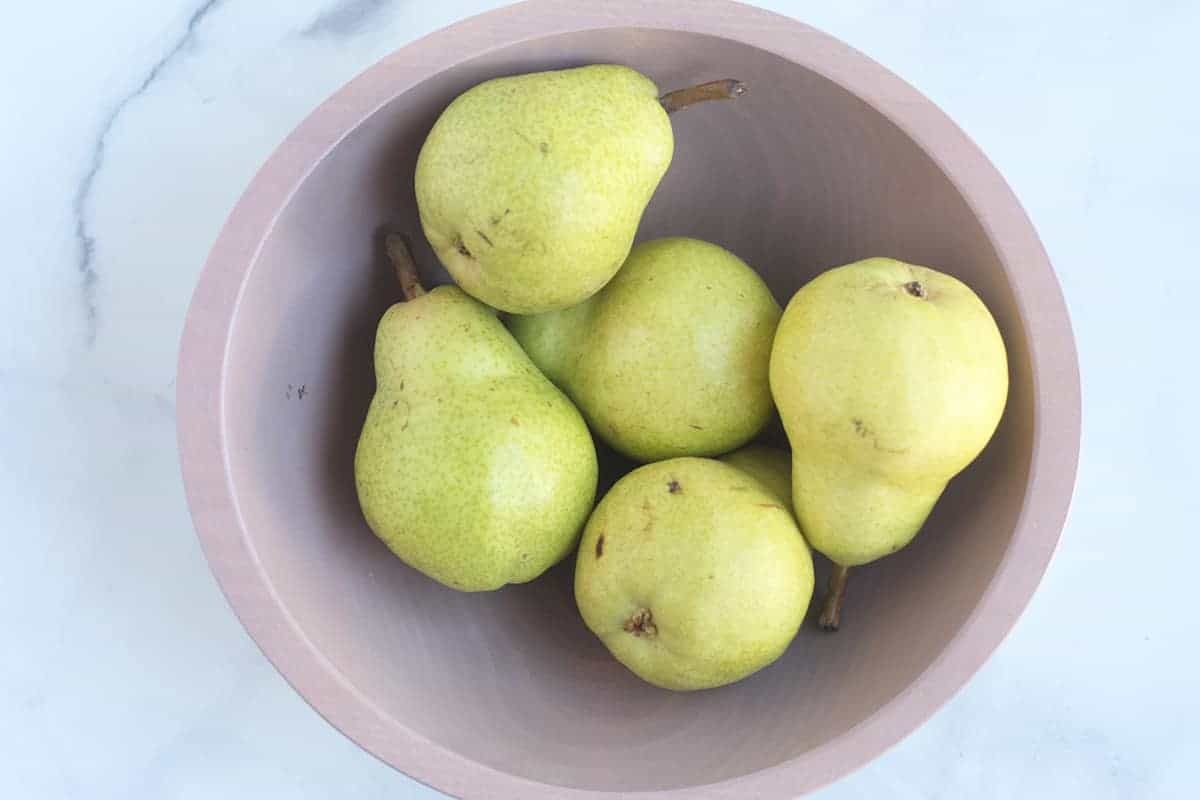
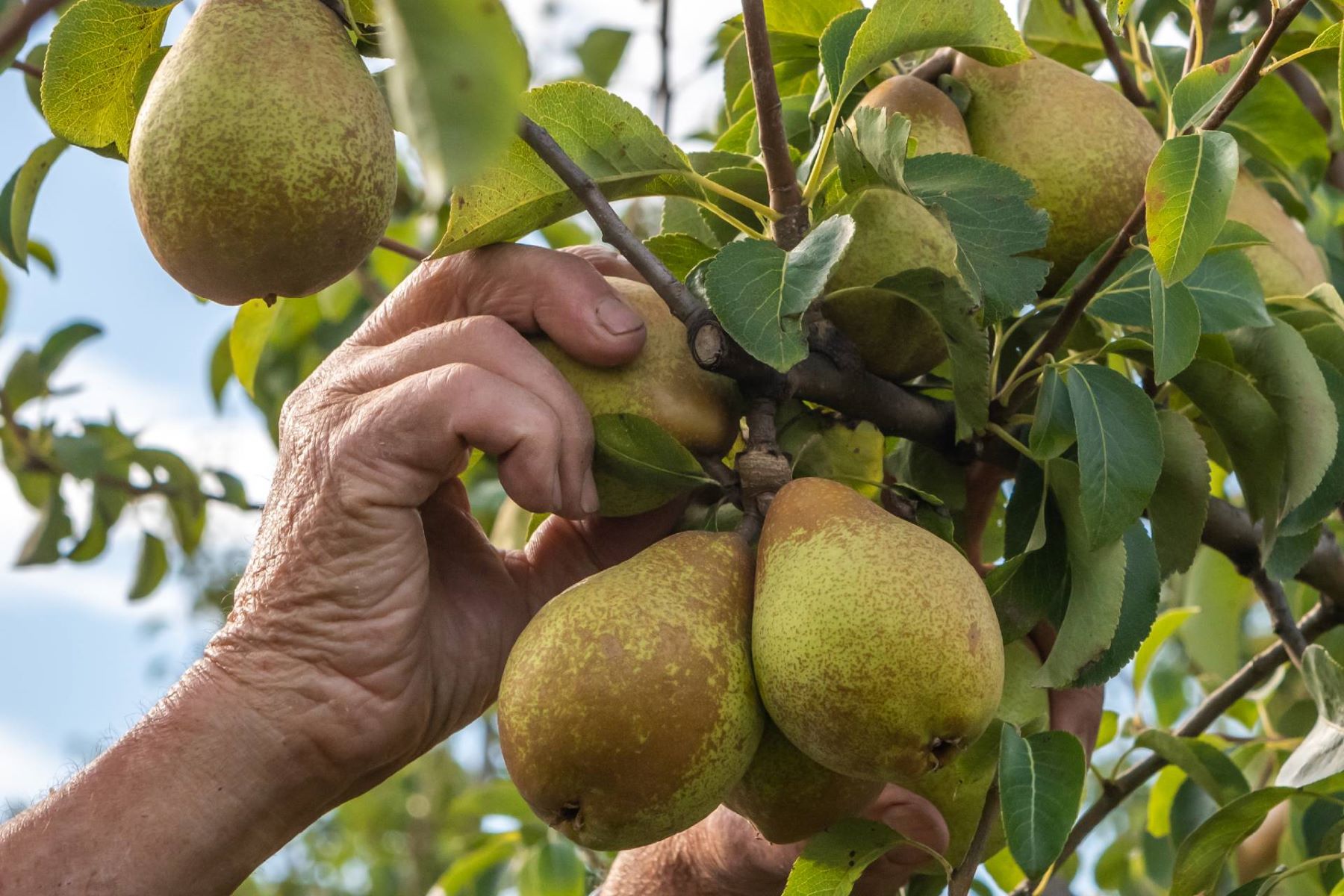
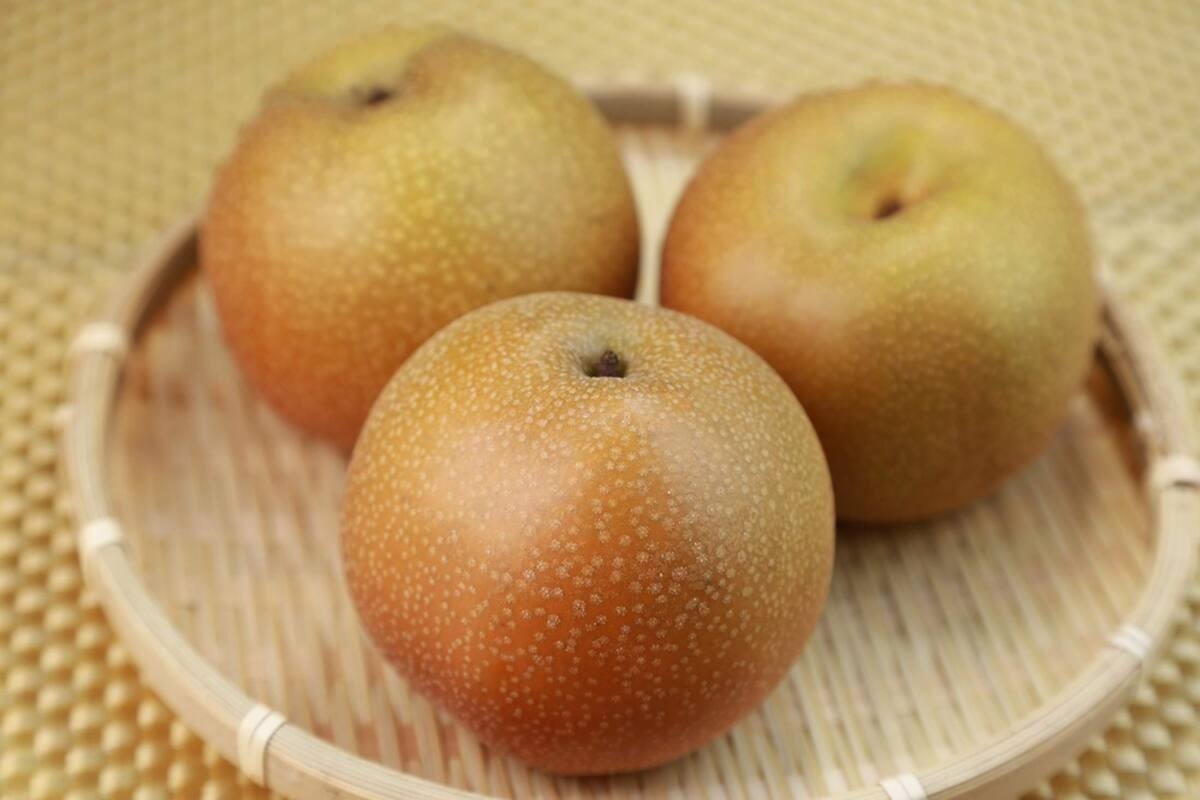
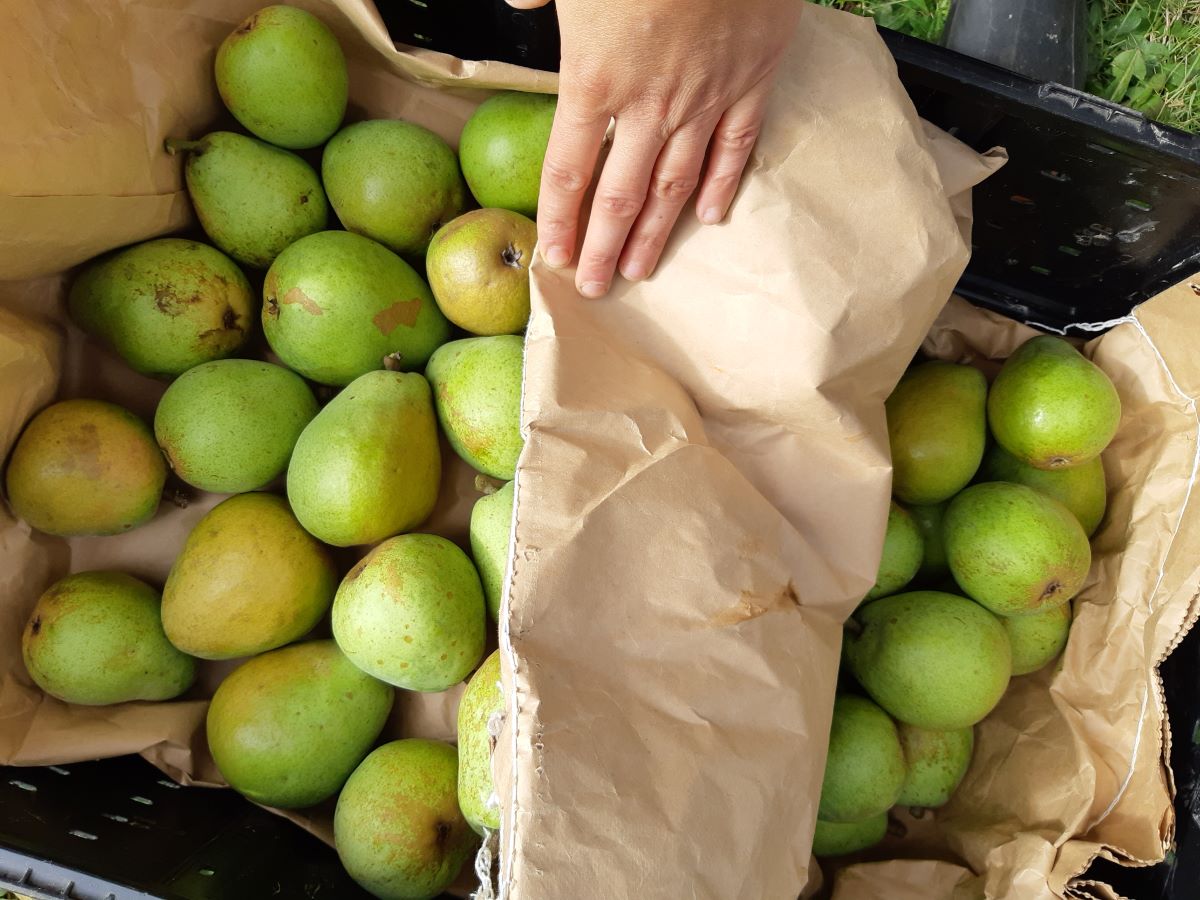
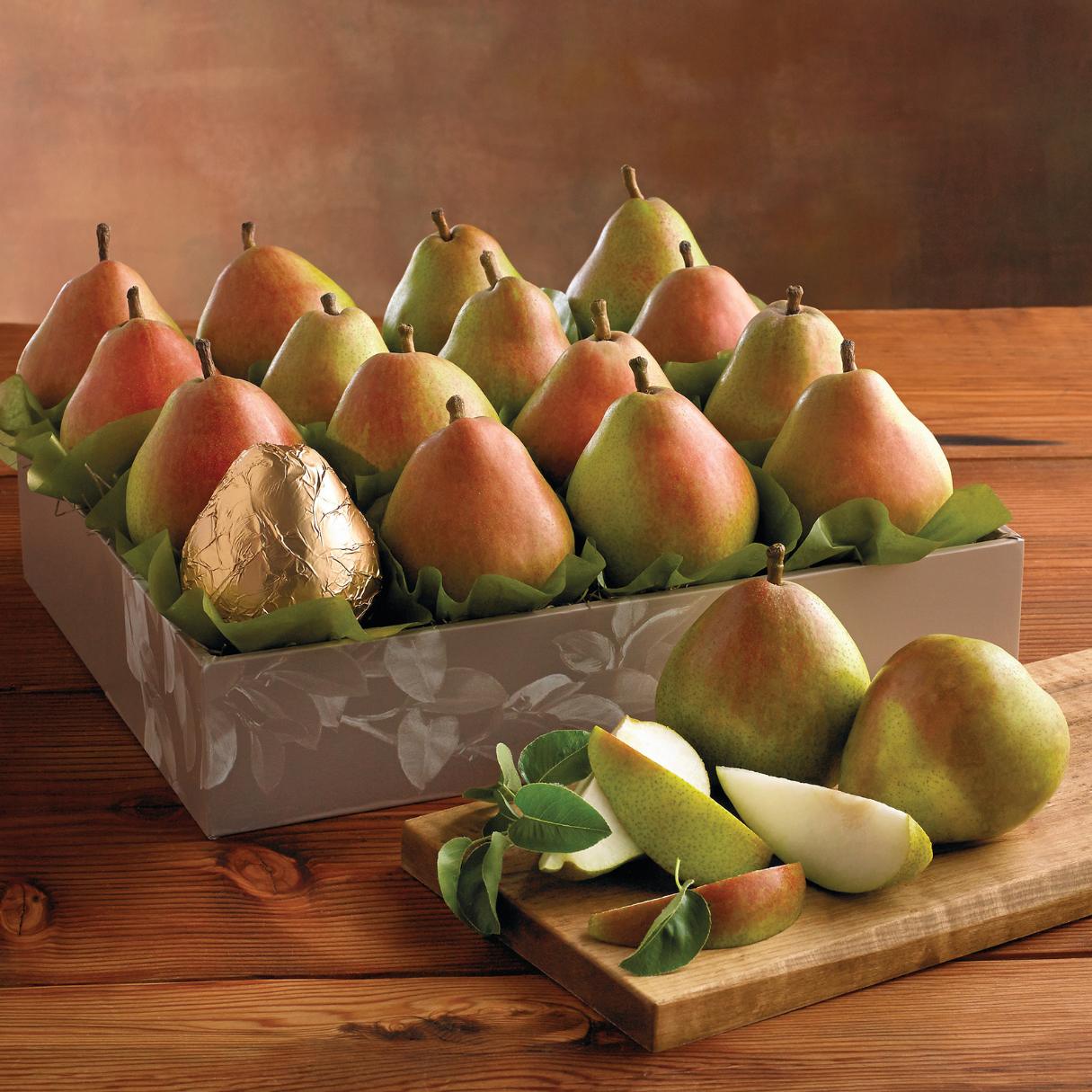
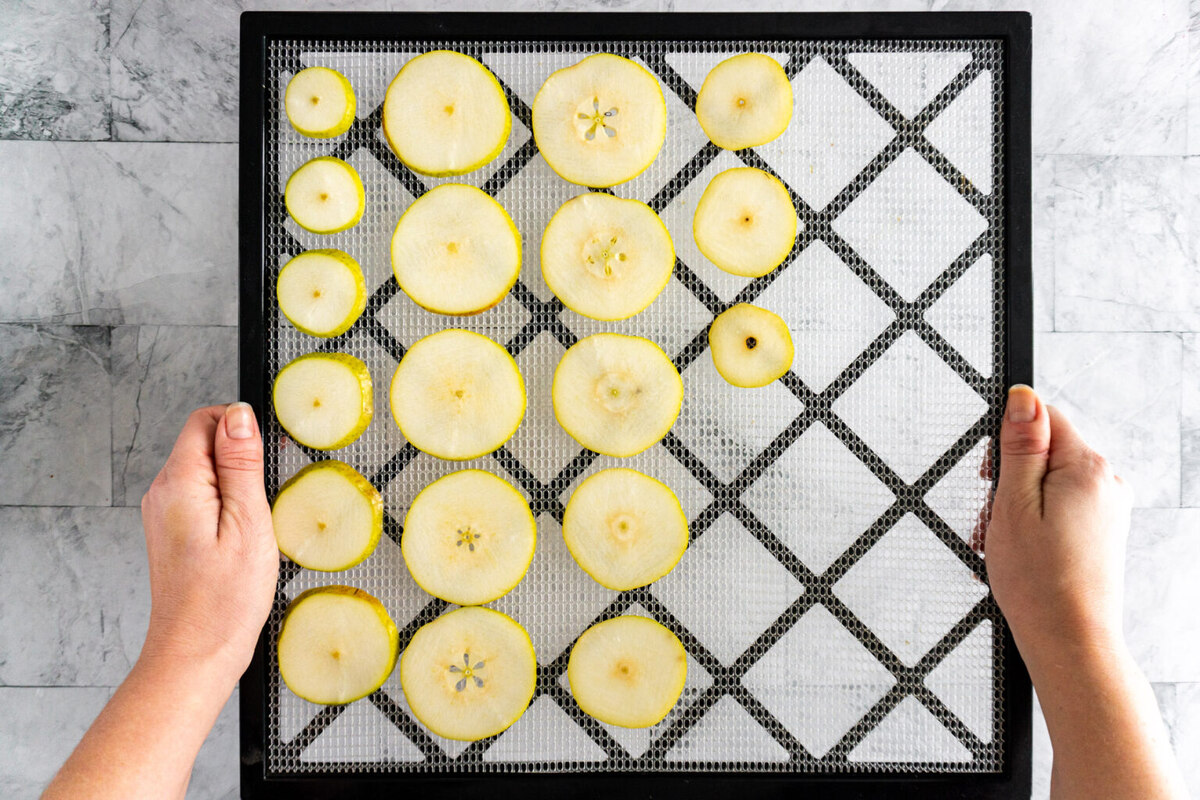
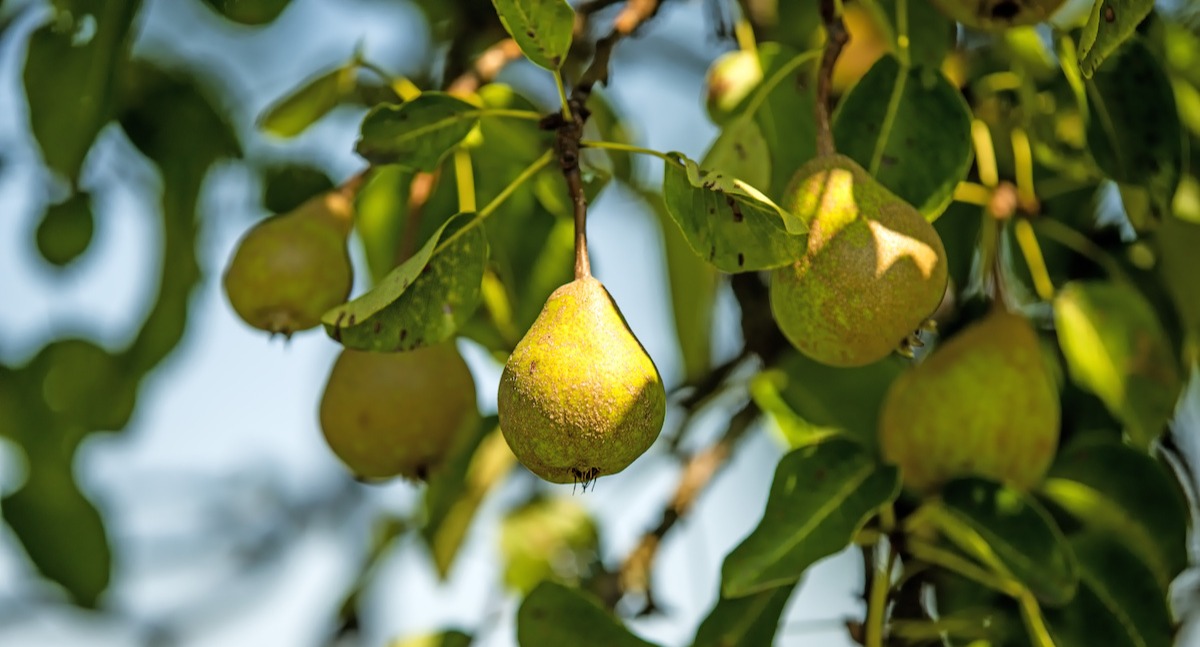

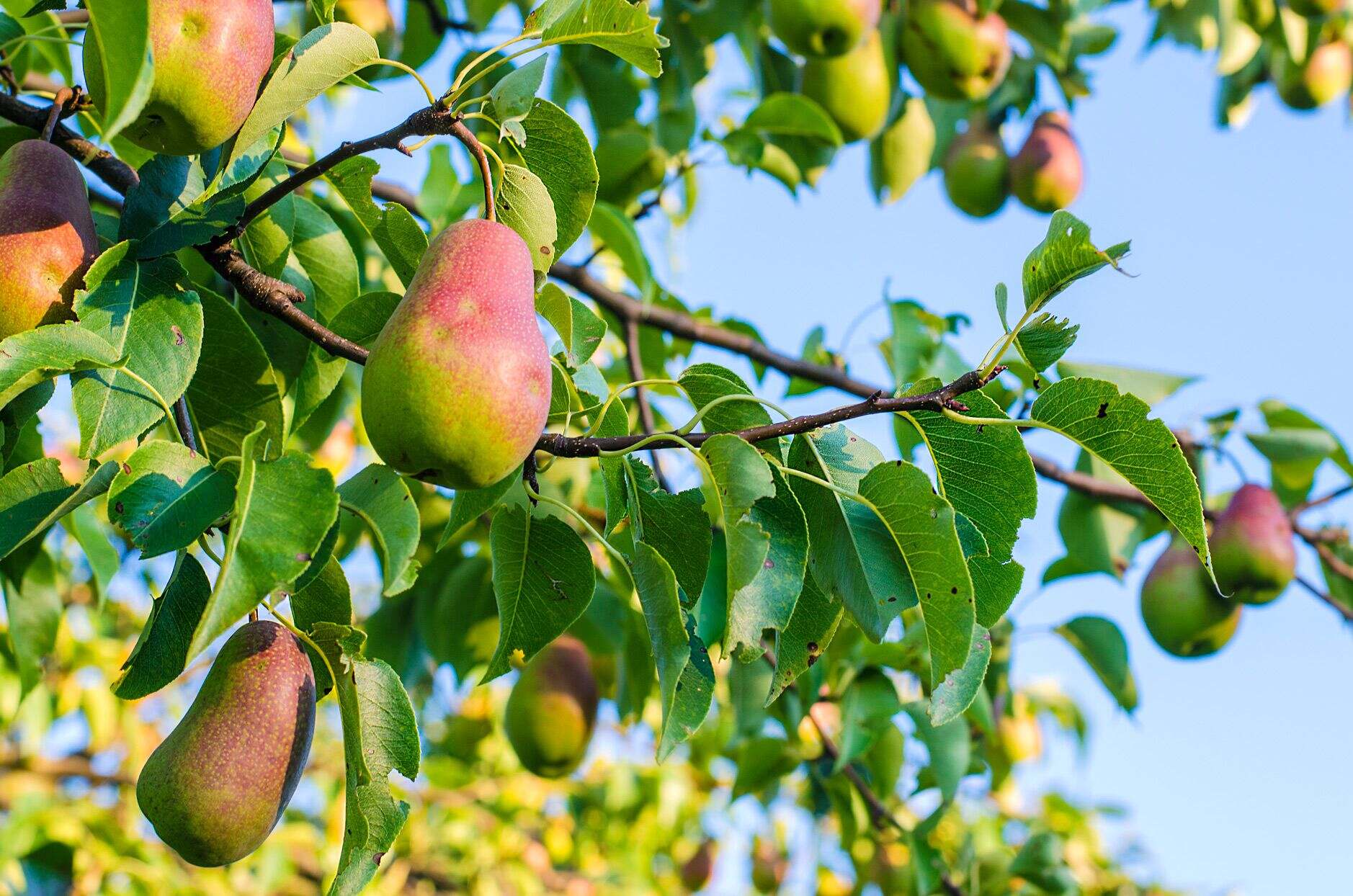
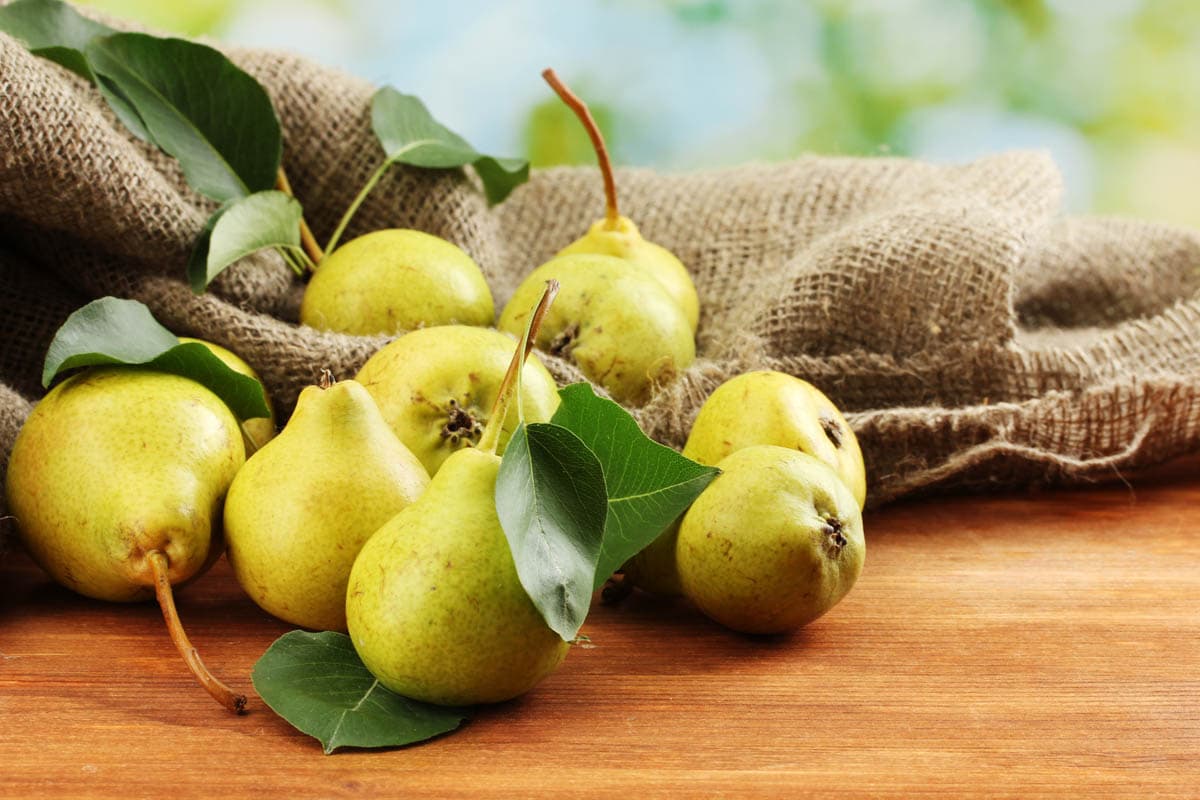

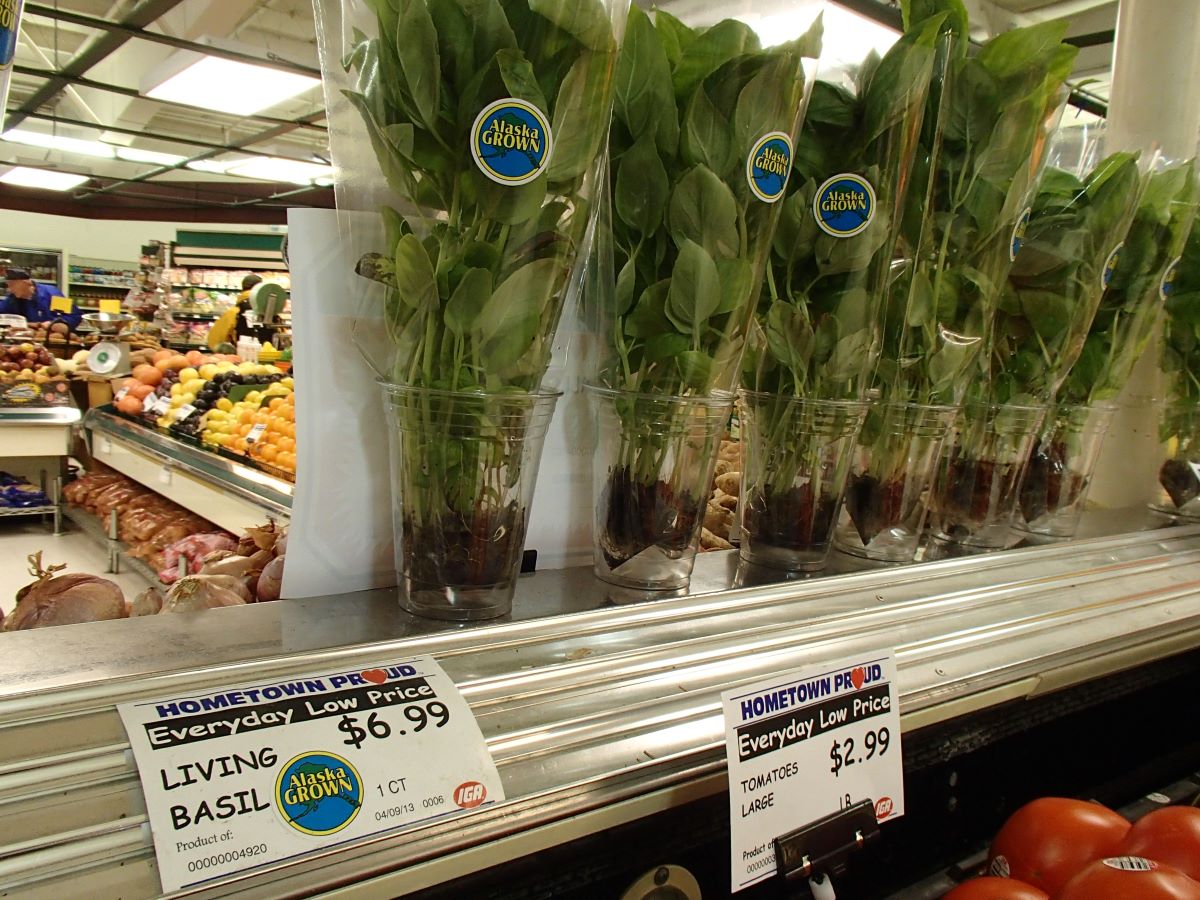


0 thoughts on “How To Store Bosc Pears”